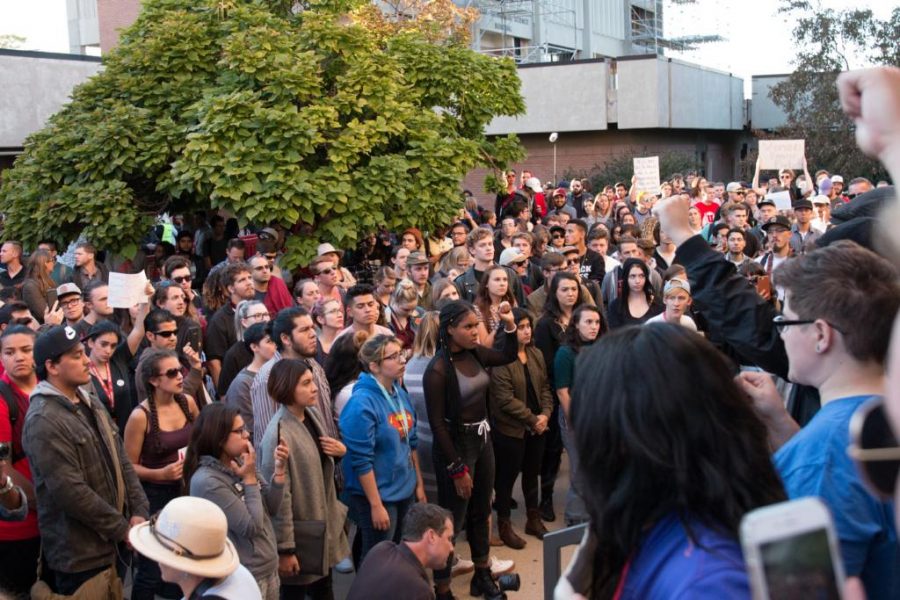The concept of privilege has grown increasingly prevalent in social dialogues in the United States.
This has been especially true on college campuses where, for many, the concept of social advantage or privilege is first realized. This realization is through direct experiences with those less fortunate or through taking a class that puts their own status into perspective.
The most common form of privilege that you will hear mentioned is white privilege, the idea that in the U.S. and throughout the world, people with white skin have a leg up in their social and professional lives.
Privilege is difficult to measure and to accept. Thus many people deny the existence of it or cite it is an excuse that unsuccessful people use to justify their failures.
People on the left have become obsessed with the concept. Vilifying those who deny it and requiring those with the privilege to acknowledge it in every conversation about an issue pertaining to another race or social problem that they do not have direct experience with.
This dogmatic pursuit of universal understanding and acceptance of the concept is counterproductive to the goal of universal recognition.
In conversations with people of opposing political leanings, the left often uses the concept of privilege as a refutation of the ability of others to understand a problem. As in “you can’t possibly understand immigration because of your white privilege.”
This type of argument doesn’t seem to be about their ability to understand immigration or the nature of privilege at all. It has the effect of angering the other person and making them believe that the concept of privilege is a scapegoat argument rather than something meaningful they should try to understand.
If you intend to bring up white privilege in an argument about a difficult social issue, make sure that you’re actually trying to help the other person empathize with the people who the issue pertains to and not just belittling an argument.
For many people, the concept of privilege is almost impossible to accept.
Think of the single white mother of four, working twelve hours a day and spending every other hour caring for her children while growing deeper in debt.
To her, the concept that she is advantaged or privileged in any way is unfathomable. Insisting on the fact that she is, only hardens her against the belief that other people face even greater obstacles.
In order to help people better understand privilege, and in order for that understanding to contribute in any way to a constructive dialogue, we need to modify the way we talk about it.
We have to realize that privilege is variable and different people experience different degrees of it. Assuming that someone has a high degree of privilege can be interpreted as neglect of real problems that person could be facing.
Insisting that someone acknowledges their privilege in order to participate in a conversation can often lead them to do so disingenuously or have the effect of silencing ideas related to the issue.



Abigail Stover • Feb 3, 2018 at 6:52 pm
White privilege is an anti-white slur. Very well said, Foglesong.
Michael Scott • Nov 10, 2017 at 2:44 am
Very well said. You’ll probably be attacked by the SJWs now.